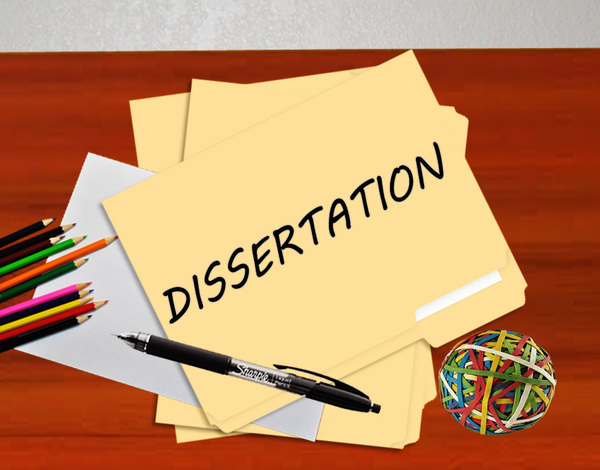Notifications
ALL BUSINESS
COMIDA
DIRECTORIES
ENTERTAINMENT
FINER THINGS
HEALTH
MARKETPLACE
MEMBER's ONLY
MONEY MATTER$
MOTIVATIONAL
NEWS & WEATHER
TECHNOLOGIA
TV NETWORKS
VIDEOS
VOTE USA 2026/2028
INVESTOR RELATIONS
COMING 2026 / 2027
ALL BUSINESS
COMIDA
DIRECTORIES
ENTERTAINMENT
FINER THINGS
HEALTH
MARKETPLACE
MEMBER's ONLY
MONEY MATTER$
MOTIVATIONAL
NEWS & WEATHER
TECHNOLOGIA
TV NETWORKS
VIDEOS
VOTE USA 2026/2028
INVESTOR RELATIONS
COMING 2026 / 2027
 elena pantin -
June 26, 2024 -
Business -
write my dissertation
do my dissertation
-
293 views -
0 Comments -
0 Likes -
0 Reviews
elena pantin -
June 26, 2024 -
Business -
write my dissertation
do my dissertation
-
293 views -
0 Comments -
0 Likes -
0 Reviews

Writing a dissertation is a significant milestone in your academic journey. It marks the culmination of years of study and is a testament to your expertise in your chosen field. This comprehensive guide will take you through the process of write my dissertation from initial research to final submission.
A dissertation, also known as a thesis in some countries, is a lengthy piece of academic writing based on original research. It is typically submitted as part of a doctoral, master's, or bachelor's degree. The purpose of a dissertation is to contribute new knowledge to your field of study, demonstrating your ability to conduct independent research.
The dissertation is a crucial component of your degree. It showcases your research skills, critical thinking, and ability to present complex ideas coherently. Successfully completing a dissertation can open doors to academic and professional opportunities, including further research, teaching positions, and industry roles.
Selecting a topic is one of the most important steps in the dissertation process. Your topic should be original, manageable, and relevant to your field of study. Here are some tips for choosing a topic:
A clear research question or hypothesis will guide your dissertation. It should be specific, measurable, achievable, relevant, and time-bound (SMART). Your research question will shape your methodology and influence your data collection and analysis.
A research proposal outlines your intended study and is often required before you begin your dissertation. It typically includes:
The literature review is a critical part of your dissertation. It involves reviewing existing research on your topic to identify gaps, build on previous work, and provide context for your study. A thorough literature review will:
Your research methodology will depend on your research question and the nature of your study. Common methodologies include:
Data collection methods will vary based on your methodology. Common methods include:
Data analysis involves interpreting the data you have collected to answer your research question. Techniques will vary based on your methodology:
A well-structured dissertation is essential for clear and effective communication. The typical structure includes:
Proofreading and editing are crucial steps before submitting your dissertation. Here are some tips:
Adhere to your institution's formatting and referencing guidelines. Common styles include APA, MLA, and Chicago. Ensure consistency in your citations and bibliography.
Before submitting your dissertation, ensure you have met all institutional requirements. This may include:
The dissertation defense, or viva voce, is an oral examination where you present and defend your research. Preparation tips include:
You may be asked to make revisions based on feedback from your defense. Take these suggestions seriously and make the necessary changes promptly.
Once revisions are complete, submit the final version of your dissertation according to your institution's guidelines. Celebrate this significant achievement!
Writing a dissertation is a challenging but rewarding endeavor. By following this ultimate guide, you can navigate the process from research to completion with confidence. Remember, persistence and dedication are key. Good luck!
